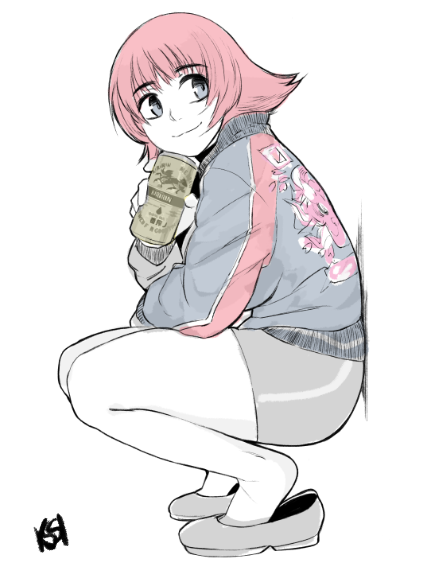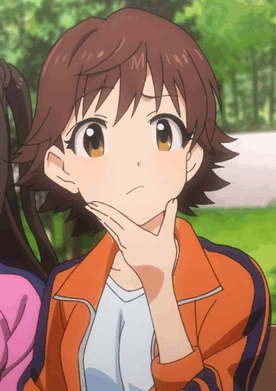Writing about Sam is a bit tricky, as it is with every character we want to talk about during pre-release days (we really get a kick out of surprising you). I will however go into some brief, possibly interesting bits that went into her creation and what you can expect from her once your grubby mitts are all over the game.
So with Valhalla, Jill (main character) was this girl with the resting bitch face trying to get by in a harsh environment, what with the rampant crime and civil unrest going on outside of the bar limits. Her storyline was a bit divisive, with some people wanting to listen to the bar patrons rather than hear to Jill’s plight, while many others felt she was the most relatable video game character ever witnessed – and we are very happy with these reactions as making divisive aspects is a sign that we are doing something right.
When the idea for Nirvana first surfaced, the idea of a bartender who was a mother was kind of an instant thought, something along the lines of writing someone who was the polar opposite to the previous main character, and that’s how Sam was born.
Jill uses mostly dark colours, Sam has bright pink hair. Jill is a single 27 year old woman living alone in a tiny apartment, Sam is a 32 year-old mother in a (rocky) relationship, not to mention that Saint Alicia, the place where Nirvana takes place, is pretty much heaven compared to Glitch City, and so on.
The biggest difference however… is that Sam smiles a lot!

Many people have also pointed out that she has a cute accent going on. That one’s a work in progress but her way of talking is also very important in this quest to differentiate her from Jill. And it’s not like her whole deal is being the opposite to Jill, but rather that all the good ideas that occurred to us happened to be very different from her, so took the ball and ran with it as they say. We also refuse to make Valhalla again, as it was made in a very specific moment in time and its magic is impossible to replicate, and the sooner we stop chasing that lighting the better as we wouldn’t want to taint the memories you have of it.
One fun fact is that some folks already hate Sam because I was too horny last year and gave her a big bosom, which is understandable but you should know enough about us to trust our judgement in this kinda thing. We’ll just let the game speak for itself when the time comes, as we always do.
So what can you expect from Sam? We really don’t wanna spoil anything, but you should look forward to a more cheerful person crafting the cocktails this time around, someone who is still coming to terms with motherhood, a troubled past and a relationship she’s not really feeling anymore. Probably less relatable to the average Sukeban Games fan, but I think her story goes beyond these superficial aspects and we have no doubt you’ll end up loving her, and being reminded of yourself or somebody else while playing. Relationships are a universal thing after all.
Here are some non-spoilerific facts about her:
She’s Sam!
She’s cute!
She has pink hair!
CUTE!!!
She loves a good beer and tries too hard to be a good mom, to her own detriment.
By the way, we have some cool news to share later, but let me say right now that we are currently working on a public demo – that’s right, just like the one we made featuring Anna way back in 2015. Using all the feedback we got from the trade show demos we managed to improve the game a lot, so we are pretty excited about it.
We don’t have a solid timeline for this, but we are doing our best to make it a thing.
For now, please wish list Nirvana if you haven’t already, it really helps with visibility on Steam!
https://store.steampowered.com/app/914210/N1RV_AnnA_Cyberpunk_Bartender_Action/
And sign up to our mail list right here, so you get all the juicy and important Sukeban news.
https://tinyletter.com/sukebanfriends
Ahí nos olemos.



